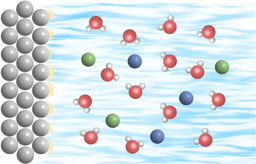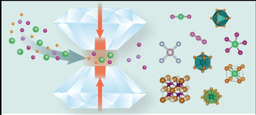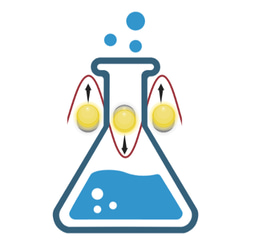Now complete: Guest edited collection on organomediated polymerization

One challenge of making plastics more sustainable is tied to the development of benign and efficient catalysts. Even though catalysts are a minor component in a polymer formulation, they are key factors to afford energy efficient syntheses. While traditionally transition metal-based catalysts have been utilized in macromolecular chemistry, their toxicity and in some cases their limited availability have boosted the development of other, more sustainable catalyst families. Finding efficient, abundant, and sustainable catalysts is hence a paramount challenge for macromolecular chemistry in order to increase the sustainability of products.
Organocatalysis, or the use of organic molecules to mediate polymer reactions, has evolved into an effective complement to transition metal-based catalysis in polymerization, polymer functionalization, and depolymerization. Since the seminal work of Hedrick and Waymouth, who showed that simple molecules are able to promote the ring opening polymerization of cyclic monomers, the field has evolved tremendously. To date, organocatalysis can be considered one of the central pillars in the field of catalysis, as recently highlighted by the 2021 Chemistry Nobel Prize.
This Guest Edited Collection brings together research focused on polymeric transformations mediated by organocatalysts. Read the full Collection comprising 1 Review, 1 Comment, 1 Research Highlight, 1 Editorial, and 8 primary research Articles here.

Follow the Topic
-
Communications Chemistry

An open access journal from Nature Portfolio publishing high-quality research, reviews and commentary in all areas of the chemical sciences.
Related Collections
With Collections, you can get published faster and increase your visibility.
Experimental and computational methodology in structural biology
Publishing Model: Open Access
Deadline: Apr 30, 2026
Advances in Asymmetric Catalysis for Organic Chemistry
Publishing Model: Open Access
Deadline: Mar 31, 2026





Please sign in or register for FREE
If you are a registered user on Research Communities by Springer Nature, please sign in